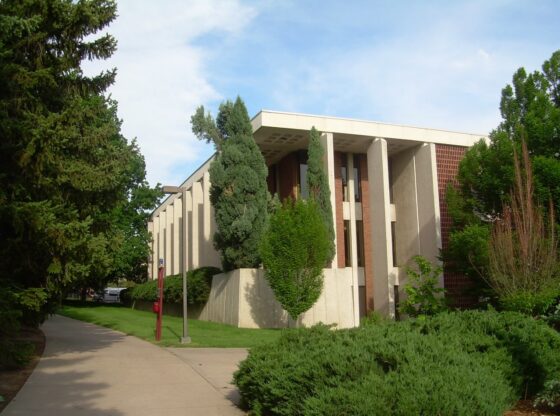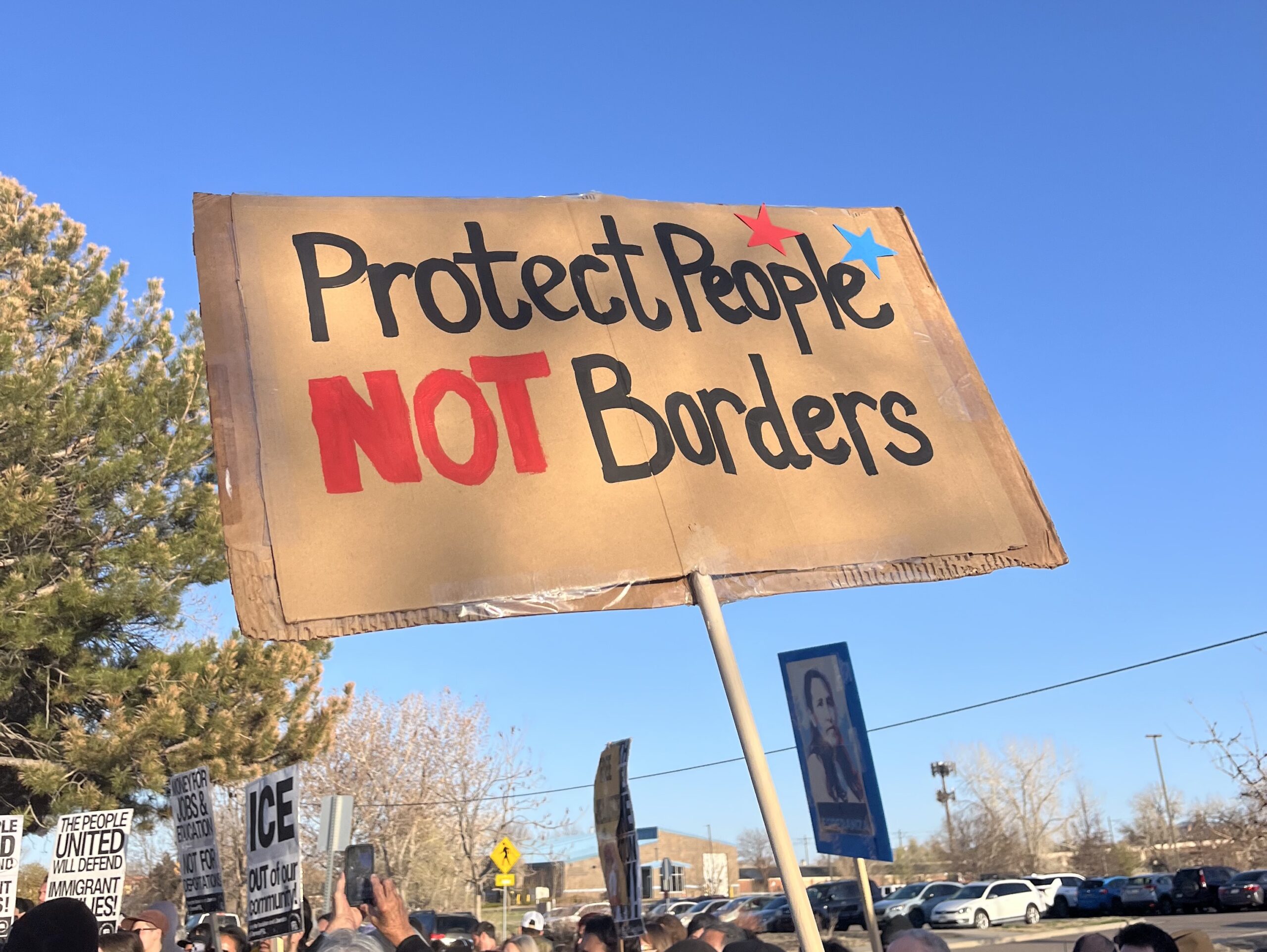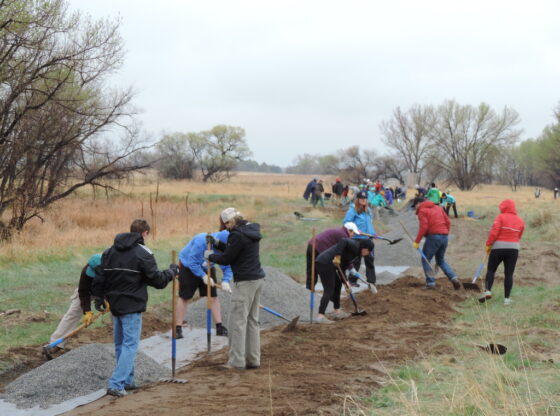Theft has become commonplace.
Credit card theft and fraud can create emotional and financial havoc in the victim’s life. Here is an account by Leslie Turnbull, a DU senior, about her experience when her wallet was stolen.
I was at one of the downtown Denver Starbucks with a coworker one morning this summer when I realized my wallet was missing. I hoped I had left it at home that day, but I checked my Wells Fargo checking account balance online just in case. There were two mysterious charges totaling just over $300. I called the bank immediately to cancel my debit card, but by the time I had given the representative the information she needed, someone had spent an additional $80 on my card.
While I was on the phone with the first bank, I was watching my Citibank account online. It seemed like every time I refreshed the Web browser, someone had used my card to make yet another purchase. By the time this account was closed, my balance had gone from about $260 to over $400, bringing the total damages to more than $800.
After I closed my third and final account, I had lost $1,784 from credit and debit cards and $2 cash. My money had been spent at the Athlete’s Foot, T.J. Maxx, 7 Eleven, Media Play, Rite Aid, and Metro Taxi, among others. In addition to losing my credit cards and cash, I also lost my driver’s license ($15), my Pioneer card ($15), my Denver Public Library card, a calling card ($10), several business cards, and a Blockbuster card. Luckily, a friend reminded me to cancel my library cards and Blockbuster card. If someone had rented a movie under my name, I would have been held responsible for any late fees that incurred.
I’ve replaced my Pioneer card, and am currently using a passport and temporary paper driver’s license for identification while my official license is being pushed through bureaucratic heaven. Until I have that, I can’t get a new library card or Blockbuster card. I’ve received two replacement credit cards, but I’m still waiting on a new debit card, which means a trip to the bank every time I need cash. I’ve filed the necessary papers to be reimbursed for the fraudulent charges, but the investigations are still in process.
I spoke with a detective in my precinct about the issue, but he said that unless I’m certain the wallet was taken from my apartment or car-and I’m not-the “real” victims in the situation are the merchants, and if anyone initiates an investigation, they will.
I couldn’t believe that someone could use my credit cards all over town, but now I’m not surprised. In the three weeks since this happened, I have been using my credit card everywhere, and my signature has not been checked once.
Here are some preventative measures you can take. Avoid carrying more cash than you need. While your credit and debit cards offer consumer protection, cash does not. Do not carry all of your credit cards with you. If you have one “just for emergencies,” stow it away so that when there is an emergency, you’ll have it.
Do not carry your Social Security card in your wallet. Also, if you can avoid it, do not put your Social Security number on you driver’s license. If you work as a cashier, check signatures. Your boss and your customers will thank you.
If you become a victim, cancel your credit and debit cards immediately. If you wait, you may be responsible for some of the fraudulent charges. File a police report. Credit card companies will ask for a report number on the affidavits, and the sooner you report the crime, the more credible your case will be.
Ask your bank about provisional credit. Banks are required to loan you the amount of the fraudulent charges while they are investigating the case. Don’t forget to cancel your smaller cards, such as movie rental cards, library cards, etc.
For more information on credit card fraud, see the Federal Trade Commission’s Web site at www.ftc.gov/bcp/conline/pubs /credit/atmcard.htm.












